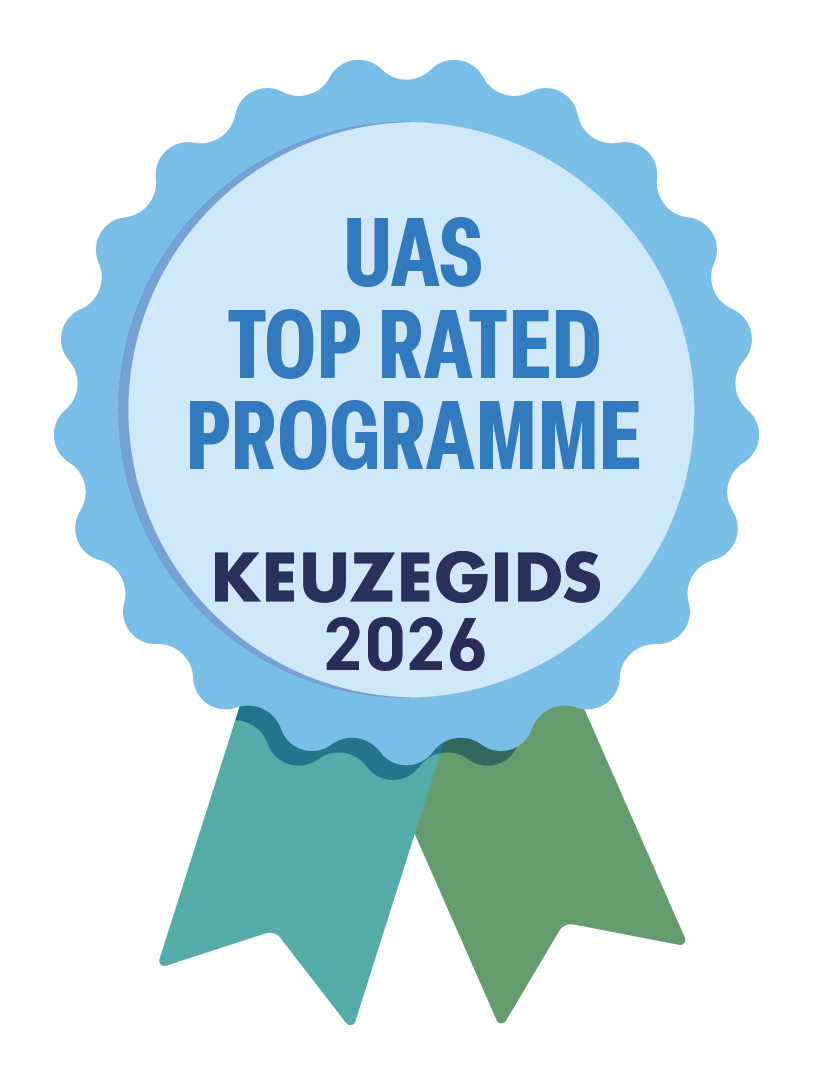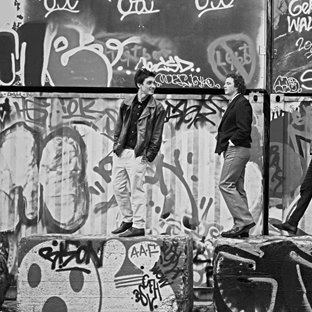Musician 3.0 in brief
- Train to be a authentic maker and/or performer, artistic leader and interdisciplinary artist - with music as starting point
- Musician 3.0 is free of genre or style and goes beyond instrumental development
- Education in groups - with use of reflection methods
- Control over your own development as a maker; discover and develop your qualities
- Can be taken in Dutch or English
- Top-rated programme according to the Dutch 'Keuzegids' 2025

Young People Know Things
In honour of Musician 3.0's 12.5 years of existence, an anniversary book has been published containing interviews of teachers, photos, texts and visual work created by the Musician 3.0 community. A unique document about 12.5 years of innovative music education.
How do you know if Musician 3.0 is for you?
You play one or more instruments and you’re looking for new, original musical avenues. And you have an artistic voice of your own that you want to explore and develop further. If you can identify with the points below, then we’d like to get to know you.- You don't think in boxes but always seek out and push the boundaries
- You like to work with other artists
- You're curious and inquisitive
- You have a keen eye and ear for contemporary cultural and social trends
